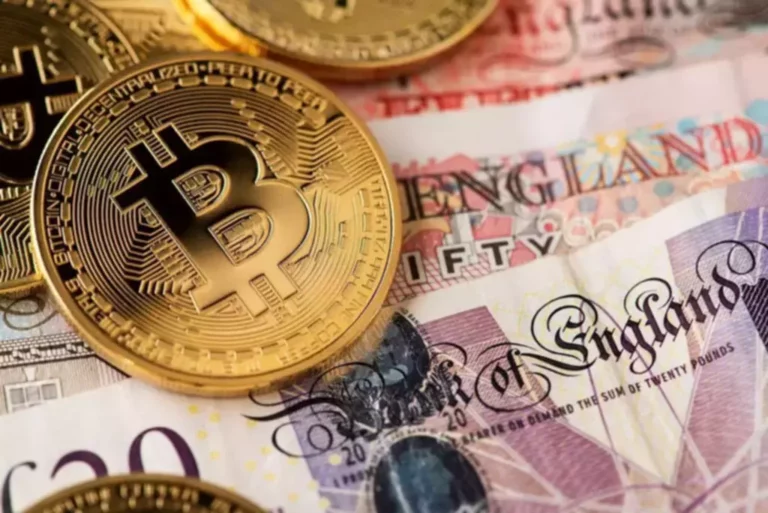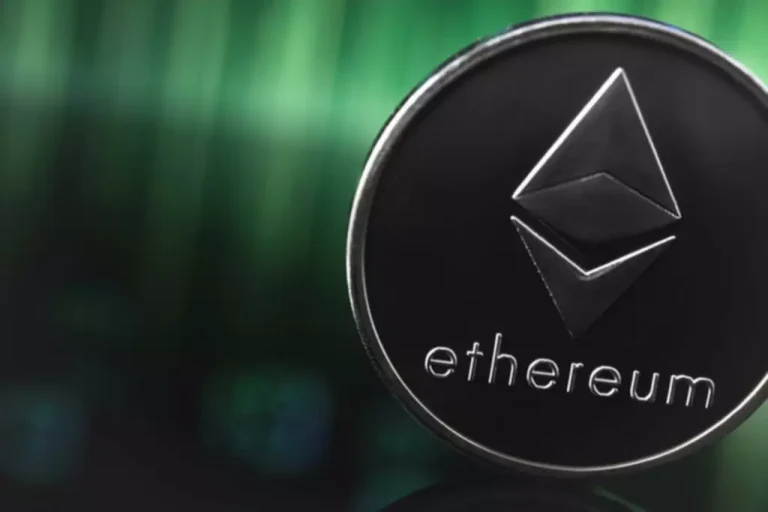A crypto paper wallet is a paper copy of your private and public keys. Unlike your everyday wallet, a crypto paper wallet does not store your coins like a real-world wallet. Instead, it keeps your private and public keys, helping you carry out transactions like sending and receiving money. To send crypto from the wallet, you would need to scan the public and private keys.
The foremost risk in such a process of creating a paper wallet is internet connectivity. You are connected to the internet when creating private keys for your crypto assets and risk the exposure of private keys. Whenever you go out to find answers for “What is a paper wallet,” you wouldn’t experience any difficulties in understanding them. Paper wallets are considered one of the best ways for storing any cryptocurrency, and you could set them up easily without any costs. As a result, you can have complete control over the ownership of your crypto assets.
To lookup all those information you have to rely on third party blockchain explorers which again puts your privacy at risk. This is why software wallets (HD wallet) generates new BTC address after every incoming transaction. Well you can download the tool locally, disconnect the Internet and then generate keys. But still during the creation process your private keys are prone to malware attacks. Many advanced hardware storage devices are available, but it’s important to remember that the less convenient a storage method is, the more secure it is.
Or is this ‘wallet import format’ so future proof that my (future) grandchild could claim the funds? Since each individual’s situation is unique, a qualified professional should always be consulted before making any financial decisions. Investopedia makes no representations or warranties as to the accuracy or timeliness of the information contained herein. As of the date this article was written, the author does not own cryptocurrency. These programs can often search and monitor for a specific activity like cryptocurrency use.
This makes it easy for people to discover your identity by tracing the private key’s signature. Because they store crypto online, they carry the risk of being hacked. Even though the odds of this are low and plenty of people use hot wallets with no issues, it’s probably not a risk you’d want to take with significant crypto funds.
Others just print them right off a web generator online, but that comes with malware risks. Print from a device that is connected to a printer through a wired, non-networked connection. When you’re finished, make sure you empty any recycle bins, temporary files, and caches and remove any digital backups that might be created. Remember, printers connected to larger networks often store information; hackers may be able to access this storage and find the keys during or after the generation process. Printers are not always reliable, and any problems while you’re printing can lead to the loss of your keys and cryptocurrency. Paper jams, inkspots, or poorly aligned printer heads can all cause serious problems when you’re creating your paper wallet.
In order to transfer BTC to or from your paper wallet, you need to use a third-party Bitcoin software wallet. In terms of mobility and asset accessibility, paper wallets aren’t the best option. You can’t easily access your assets and have an overview of stored funds, like when using a wallet app that you can check in just a few clicks. This is why paper wallets aren’t practical for active traders and crypto enthusiasts who often shift their cryptos from one address to another. A cryptocurrency wallet is a digital wallet that you can use to store, send and receive various cryptocurrencies. The wallet doesn’t exactly “store” your money as a real-world wallet does.
This way you can make seamless democratic transactions in your company. If you want to make a paper wallet for ETH (and any of the token standards that exist on the Ethereum blockchain), then MyEtherWallet (MEW) is your best port of call. Private keys are what ultimately allows you to perform transactions with your crypto. Without them, not even Satoshi himself/herself/themselves could hack into your wallet and steal your funds. Deciding what kind of crypto wallet works for you can be confusing, especially if you’re new to the world of crypto. But let’s imagine you find a paper wallet in many years from now.
Amidst the rising popularity of digital assets, the significance of paper wallet crypto remains unparalleled. As you delve into this mysterious realm, prepare to unlock the secrets of these unique storage methods and unveil their advantages and drawbacks compared to other crypto storage options. Anyways for security reasons, during the process of paper wallet creation it is advised that you disconnect your Internet connection. Once the connection is unplugged move your mouse around and/or type random key strokes to generate the keys. After the keys are created you can print the wallet or write down both the public address and private key in a piece of paper. It’s important to explore the concept of a cryptocurrency wallet to understand storage.

For this example, we’ll be using walletgenerator.net, as they’re one of the few that offer multiple cryptocurrency options on their site, including Litecoin and Dogecoin. Note that you still have to click and select each individual currency, what is paper wallets crypto generating a new wallet for each one chosen. So, if you’re the only one who has ever seen your private keys, they keep your crypto safe. Paper wallets provide one of the strongest forms of private key protection available.

When you choose to print your keys, they are generally removed from your digital wallet and the network. This means no one can hack your paper wallet or retrieve your keys unless they physically take the paper on which you have them stored. Removing them from your digital wallet also means that if you lose your paper wallet, you’ll not be able to gain access to those cryptocurrencies again. The paper wallet is subject to a number of real-world but avoidable risks. In some ways, the printed method of storing keys was a distinct improvement over purely online storage methods back in 2011. In conclusion, paper wallets offer a unique and appealing way to safeguard your cryptocurrencies since their offline nature provides a solid layer of security.
- Some of the popular services are bitaddress.org, bitcoinpaperwallet.com and walletgenerator.net.
- For cryptocurrency users, wallets function somewhat similarly to physical wallets, which hold cash.
- You just need to find your Import Private Key or Hardware Wallet option and enter the paper wallet’s private key in order to send all of the stored funds to your software wallet.
- Having said that, there is one big problem when it comes to online wallets.
- Restart your computer and run using Ubuntu from your flash drive.
- While paper wallets offer a secure offline storage option, there may be more convenient and user-friendly choices for some users.
While both paper wallets and cold wallets (hardware wallets) are offline storage methods, distinctions arise in areas like user interface, cost, and durability. Paper wallets are cost-effective but may lack the durability and user-friendly interfaces that a dedicated hardware wallet provides. The most commonly used cold storage methods are paper wallets and hardware wallets. However, the number of cold storage techniques is limited only by the user’s imagination. A physical crypto wallet, also known as a paper wallet, is another type of cold storage.
Since nobody should ever see your secret key, you should never print your wallet in a public copy shop or on an office printer. Still, printing it on a personal printer at home doesn’t solve all the problems, either. You can also use a private key generator, but avoid web-based generators https://www.xcritical.in/ because they are vulnerable to a variety of confidentiality threats affecting the private key. Therefore, you should generate your key offline via a trusted and open-source program. They do not provide you the transaction history and they do not tell you how much balance the address has.

